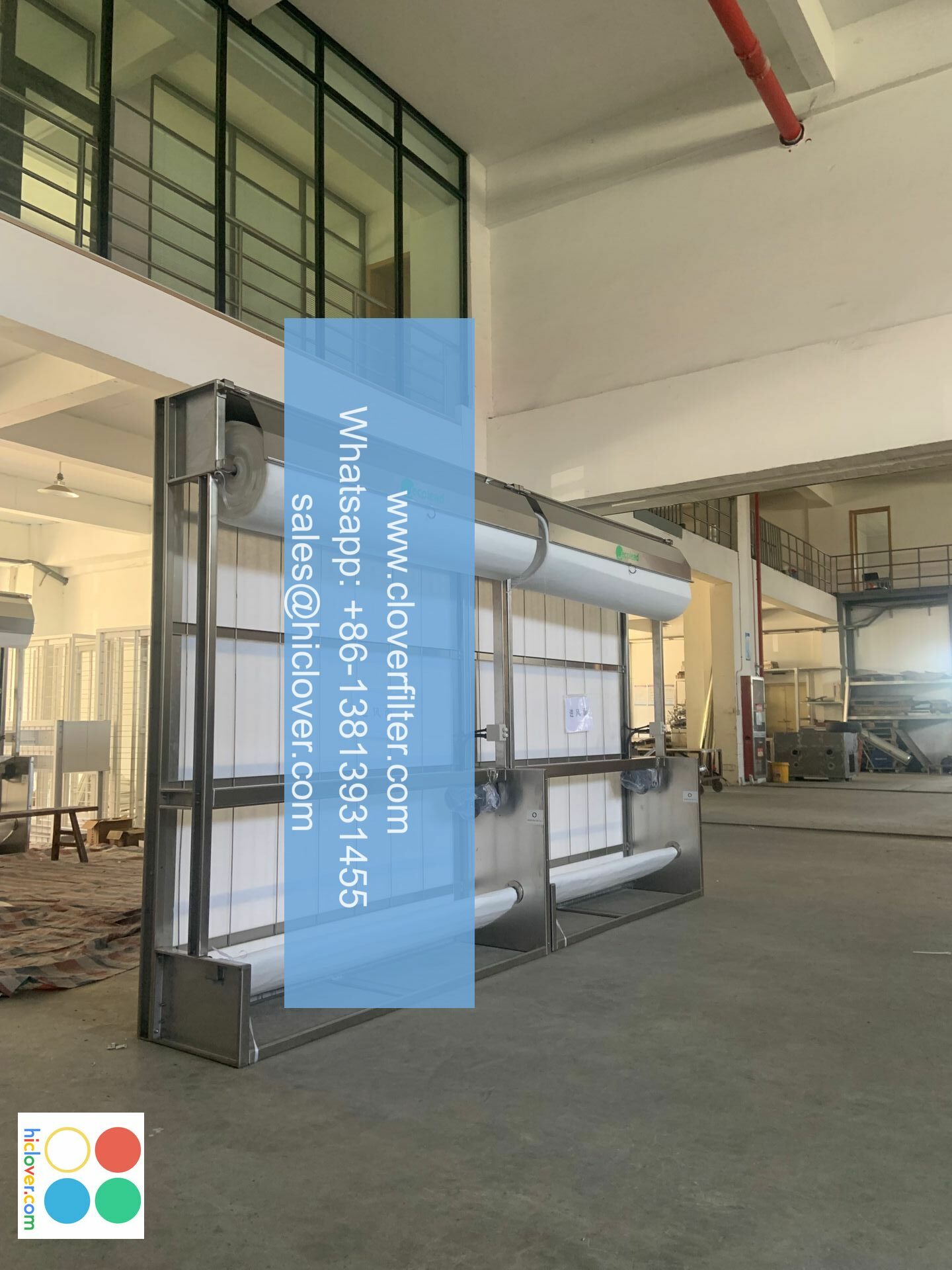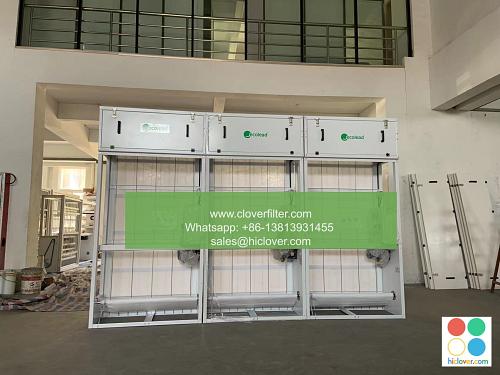The Role of Air Filters in Reducing Pesticide Use in Commercial Spaces

The use of pesticides in commercial spaces has been a long-standing practice to control pests and maintain a clean environment. However, the over-reliance on pesticides has raised concerns about their impact on human health and the environment. Indoor air quality (IAQ) management and sustainable pest control methods have become essential considerations for commercial spaces. In this context, air filtration systems play a critical role in reducing pesticide use and promoting a healthier indoor environment.
How Air Filters Work
Air filters are designed to capture airborne particles, including pest allergens, pollen, and other contaminants. By installing high-efficiency particulate air (HEPA) filters or ultra-low penetration air (ULPA) filters, commercial spaces can significantly reduce the amount of airborne pollutants. These filters can trap particles as small as 0.3 microns, making them an effective solution for reducing pest-related problems.
Benefits of Air Filters in Reducing Pesticide Use
The use of air filters in commercial spaces offers several benefits, including:
* Reduced pesticide use: By minimizing the amount of airborne pollutants, air filters can reduce the need for pesticides.
* Improved indoor air quality: Air filters can remove airborne contaminants, creating a healthier environment for occupants.
* Lower maintenance costs: Regular air filter maintenance can help prevent pest infestations, reducing the need for costly pest control measures.
* Enhanced sustainability: By reducing pesticide use, commercial spaces can promote a more sustainable and environmentally friendly approach to pest control.
Application Areas for Air Filters
Air filters can be applied in various commercial spaces, including:
* Office buildings: Air filters can reduce pesticide use and improve IAQ in office environments.
* Retail stores: Air filters can help minimize pest-related problems in retail spaces, reducing the need for pesticides.
* Restaurants and food service establishments: Air filters can reduce the risk of pest infestations in food preparation and storage areas.
* Healthcare facilities: Air filters can play a critical role in maintaining a healthy environment in healthcare settings, reducing the risk of pest-borne illnesses.
* Schools and universities: Air filters can improve IAQ and reduce pesticide use in educational institutions, promoting a healthier environment for students and staff.
Integrating Air Filters with Other Sustainable Pest Control Methods
To maximize the effectiveness of air filters in reducing pesticide use, commercial spaces can integrate them with other sustainable pest control methods, such as:
* Integrated pest management (IPM) strategies
* Biological pest control methods
* Organic pest control products
* Physical pest control methods
By combining air filters with these methods, commercial spaces can create a comprehensive and sustainable approach to pest control, minimizing the need for pesticides and promoting a healthier indoor environment.
Conclusion
In conclusion, air filters play a vital role in reducing pesticide use in commercial spaces. By installing high-efficiency air filters and integrating them with other sustainable pest control methods, commercial spaces can promote a healthier environment, reduce maintenance costs, and enhance their sustainability credentials. As the importance of indoor air quality management and sustainable pest control methods continues to grow, the use of air filters will become an essential consideration for commercial spaces seeking to minimize their environmental impact. It seems like you didn’t include a prompt. Could you please provide more details or ask a question so I can assist you better?

